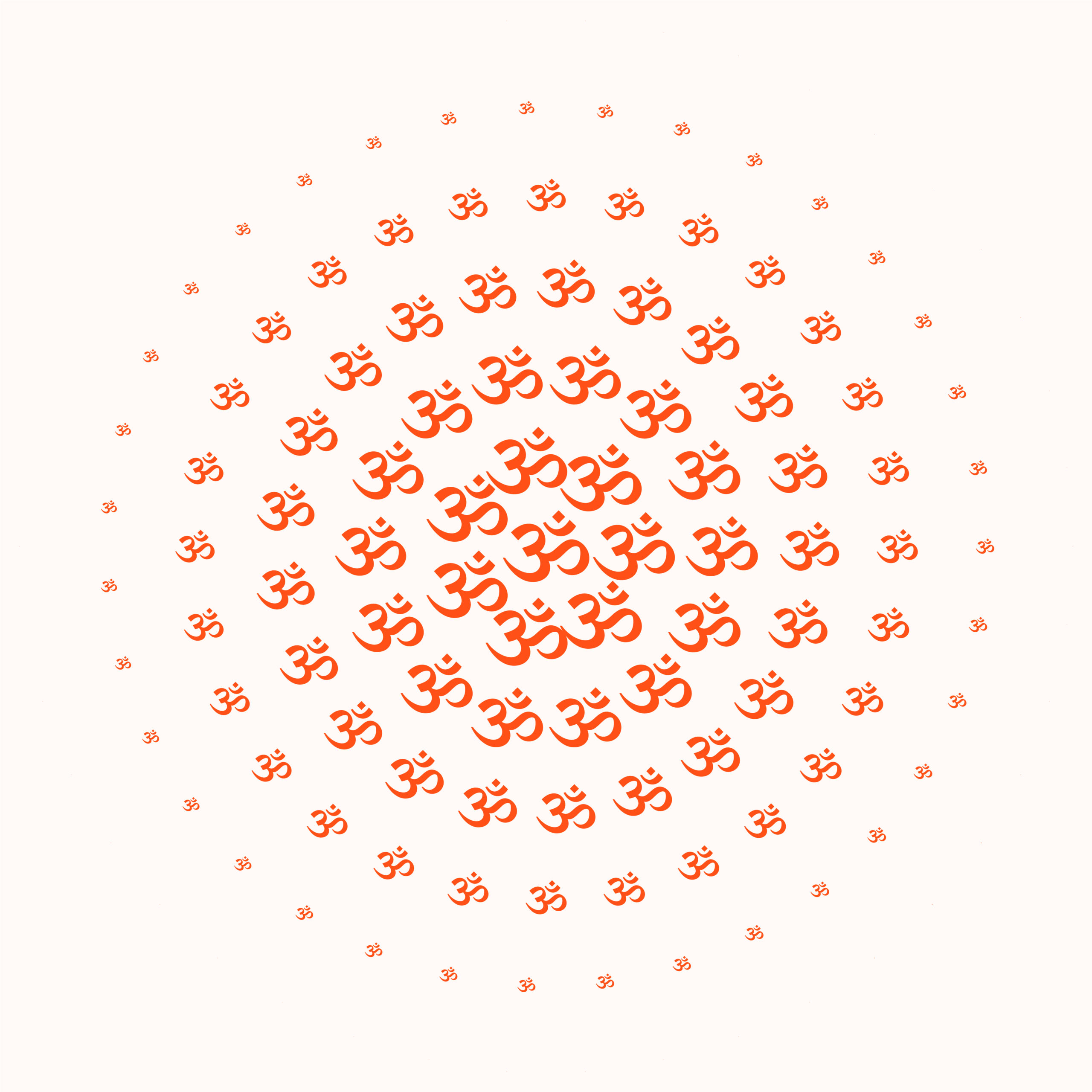Karma is a fundamental concept in Hinduism and is deeply rooted in Vedic knowledge. It is a complex and multifaceted concept that encompasses the law of cause and effect, moral responsibility, and the cycle of birth and rebirth (samsara). To understand the meaning of karma extensively in the context of Hinduism and Vedic knowledge, let’s explore its various dimensions:
- Etymology and Linguistic Roots: The term “karma” is derived from the Sanskrit word “kri,” which means “to do” or “to act.” Karma signifies actions, deeds, or the consequences of one’s actions.
- Law of Cause and Effect: At its core, karma represents the law of cause and effect. It asserts that every action has consequences, and these consequences can manifest in this life or future lives. Positive actions lead to positive outcomes, while negative actions lead to negative consequences.
- Moral Responsibility: Karma is intricately tied to moral responsibility. It emphasizes the importance of ethical behavior and doing one’s duty (dharma) as outlined in Hindu philosophy. Living in accordance with one’s dharma is believed to generate good karma, while actions that deviate from dharma create negative karma.
- Three Types of Karma: Hinduism categorizes karma into three main types:a. Sanchita Karma: This is the accumulated karma from past actions that have not yet manifested. It’s like a reservoir of all the karma one has accrued over numerous lifetimes.b. Prarabdha Karma: Prarabdha karma is the portion of sanchita karma that is meant to be experienced in the current lifetime. It influences the circumstances of one’s birth and the events of their life, determining the challenges and opportunities they will face.c. Agami Karma: This refers to the karma generated by one’s current actions. Agami karma can either add to the sanchita karma or help in neutralizing past negative karma.
- Karma and Reincarnation (Samsara): Karma is closely tied to the cycle of birth and rebirth (samsara). It is believed that the accumulation of karma influences the nature of one’s future births. Positive karma leads to a better existence in the next life, while negative karma can result in a more challenging or adverse life situation.
- Karma and Freedom: While karma emphasizes the idea that every action has consequences, it also recognizes the concept of free will. Individuals have the freedom to choose their actions, and these choices determine their karma. Thus, karma doesn’t negate personal agency and choice.
- Karma and Detachment: Hinduism encourages individuals to act without attachment to the results of their actions. This concept is outlined in the Bhagavad Gita, where Lord Krishna advises Arjuna to perform his duty (dharma) without attachment to the fruits of his actions. This approach is called “Nishkama Karma” and is seen as a way to transcend the cycle of karma and achieve spiritual growth.
- Karma in Different Life Stages: The stage of life (ashrama) a person is in also affects their karma. The duties and responsibilities one has in their life stage contribute to their accumulation of karma.
- Karma and Personal Growth: The ultimate goal of karma is not just the cycle of cause and effect but spiritual evolution. By acting in alignment with dharma and accumulating positive karma, individuals can progress spiritually and ultimately attain liberation (moksha) from the cycle of samsara.
Karma in Hinduism and Vedic knowledge is a comprehensive concept that encompasses the law of cause and effect, moral responsibility, and the cycle of birth and rebirth. It emphasizes the importance of ethical actions, the role of free will, and the potential for personal growth and spiritual evolution. Understanding and managing one’s karma is central to the path of spiritual development and ultimately achieving liberation from the cycle of samsara.
